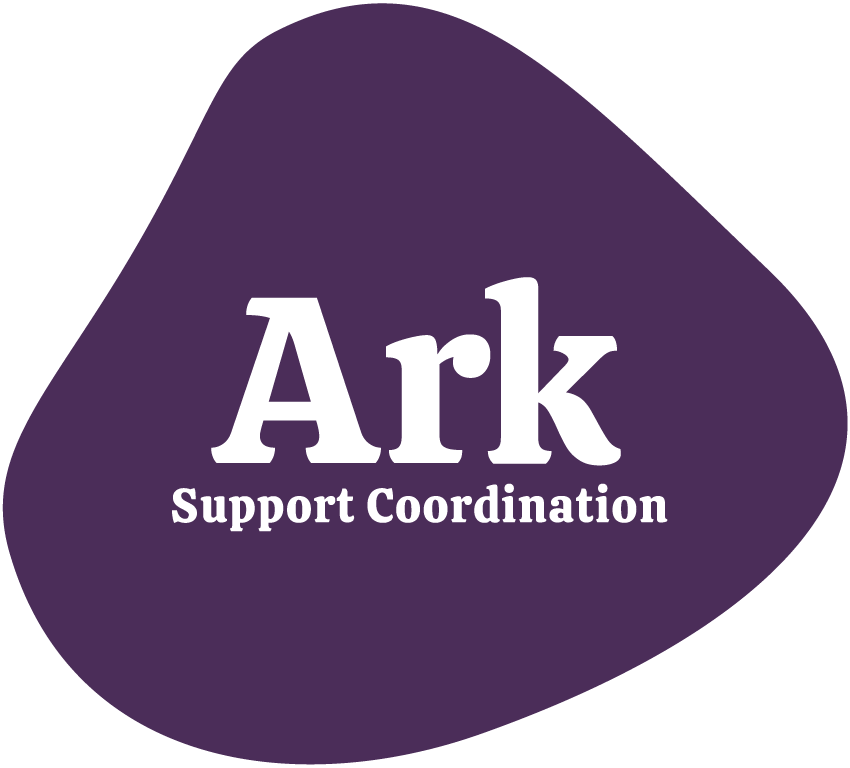Specialist Support Coordinators: Role and Responsibilities
For folks new to the NDIS world, it would be helpful for more clarity about what a Specialist Support Coordinator is and isn't. As NDIS Specialist Support Coordinators, we exist among healthcare and support services for people with disabilities in Australia. We are not the services providing healthcare or support services, instead, we connect NDIS participants with their services, both inside and outside their NDIS plan, and people on behalf of the agency (NDIA).
When we refer to the participant, services and the NDIA we mean…
Participant: The participant is our client, the individual with the NDIS plan, but we also may be in contact with their informal supports (family and friends), or a Public Appointed Guardian if there is one in place.
NDIS: Planner, general inquiries, JLO planners, health liaison officer, NDIS complaints or a representative from the complex supports need program.
Services:
NDIS-funded supports; occupational therapist, physio, exercise physiotherapist, positive behaviour support, support workers (for community access and/or supports in the home), clinical nurses, psychologist, psychosocial recovery coaches and plan managers.
Mainstream services; hospital team (social workers, occupational therapist, welfare officer), transitional managers if participant is in prison, community mental health case manager, lawyers, case managers, homelessness services, aged care services, child protection and employment services.
We are the glue, communicating with the participant and their supports, their services and the NDIS.
Whether you're navigating the complexities of disability services, mental health support, or aged care, a Specialist Support Coordinator (SSC) serves as a guiding hand. They help individuals and their families navigate the NDIS landscape and access the right services and resources tailored to their unique needs. If you want an idea what organising services for our participants’ looks like, check our our previous blog post Day in the life of a Specialist Support Coordinator. SSCs are working with the NDIS participant and their informal supports (family), their formal supports (NDIS funded service like OT and PBS, or mainstream services like child protection or community mental health), and the NDIA (planners, general inquiries, health liaison officers). It’s helpful to think of it like this…
What makes a Support Coordinator a “Specialist”?
A Specialist Support Coordinator works with individuals with a disability who have particularly complex needs in navigating various systems and services inside and outside the NDIS. This means the NDIS participant may be interfacing in the justice or child protection system, be in a hospital or in-patient setting, have behaviours of concern, or their disability presents with particularly high needs and complexities.
Someone requiring NDIS Specialist Support Coordination may have a complex mainstream interface and require a multi-disciplinary team to continue adapting supports and services to the participants' needs.
You can read more about what the National disability Insurance Agency defines as complex support needs on their website under Specialist Support Coordination. But you're here because you are wondering what an SSC role is and isn't...
Responsibilities of a Specialist Support Coordinator:
Assessment and Planning: The first step for a Specialist Support Coordinator with a new client is to conduct a comprehensive assessment of the individual's needs. This involves understanding their goals, challenges, and aspirations. Based on this assessment, they collaborate with the individual and their support network to develop a personalised support plan.
Connecting with Services: Once they've been in the role for a while, or drawing on their pre-existing experience (or asking around the team!), SSCs have a deep knowledge of the available services and resources. A Specialist Support Coordinator connects the individual with the most suitable providers, which may include disability support services, healthcare professionals, therapists, and housing assistance.
Coordination and Monitoring: Coordinating multiple services and providers can be overwhelming, especially for individuals with complex needs. The Specialist Support Coordinator ensures that all services work together seamlessly, avoiding gaps or overlaps in care. They also monitor progress regularly, making adjustments to the support plan as necessary.
Empowerment: Beyond simply facilitating access to services, a crucial aspect of the role is empowering individuals to take control of their own journey. This may involve providing education and guidance on self-advocacy, making complaints where necessary, decision-making and building independence.
What are the qualities of a Specialist Support Coordinator?
It sounds like a no-brainer, but empathy and compassion are as essential as knowledge and expertise. And what we've found pivotal in the success of our participant’s experience is our SSCs’ problem-solving and resourcefulness whilst navigating these complex systems. While they continue to impress with their creative solutions, our SCCs know when they are stuck on what to do in a tricky situation, there is always someone a desk or email away to ask for help.
Still want to know more about the role of Specialist Support Coordination in Perth? This blog post, Day in the life of a Specialist Support Coordinator, we run through a typical day of an SCC, from client meetings to stakeholder update and end of plan reporting.
If you’d like to know more, please check out the additional information on our website. You can see our Specialist Support Coordinators here and enquire to Work with Us here.
Katherine Sutton
